Former United States vice president, Al Gore, has said building a solar field in Nigeria attracts an interest rate that is seven times higher than in OECD countries. He said this during a speech on Monday, November 7, at the ongoing COP 27 event in Egypt.
According to Gore, building a solar field is a profitable venture, but in Nigeria, investors pay a much higher interest rate and this has caused a low level of private sector participation in such projects.
Lagging private-sector investment: “If you look at all the renewable energy financing in the USA and Canada, 96% of it comes from the private market. If you look at Africa, it is much lower amounts overall, 14% comes from the private markets, and 86% comes from governments.
- “Why is that? Because for example, if you want to build a solar field in Nigeria, even if it’s a profitable venture, you have to pay interest rates that are seven times higher than the interest rates paid by OECD countries. That is unjust, it is insane!
- “That is what the World Bank and multilateral development banks are supposed to address; we need to reconvene Bretton Woods and completely revamp and reform the World Bank system and make access to private capital available for developing countries.”
Africa holds 40% global potential: Gore, who has been vocal against new fossil fuel projects in Africa, said every dollar spent on renewable energy creates three times as many jobs as every dollar spent on fossil fuel energies. He told COP 27 attendees that Africa holds 40% of the global potential of renewable energy. According to him, Africa’s solar and wind potential are 400 times larger than its fossil fuel reserves, and in two years, renewable energy is projected to be cheaper in 100% of the world.
Let’s take our foot off the gas: Gore insisted that the world needs to stop making the energy crisis worse by investing further in fossil fuel development. He said a dash for gas only leaves the countries of the world facing climate chaos with billions in stranded assets, especially in Africa.
- He said: “In a time of turbulence in global energy markets, the world should not confuse the short term with the long term. We have to move beyond the era of fossil fuels. A dash for gas in Africa is a dash for gas to be sent to wealthy countries.
- “We have to remove the barriers to the trillions needed for climate finance, and the scale of what is needed can only be provided by the private sector.
- “I support governments paying money for loss, damage, and adaptation but let’s be very clear that it’s a matter of billions or tens of billions. We need $4.5 trillion per year to make this transition and that can only come by unlocking access to private capital.”
For the record: The Organization for Economic Co-operation and Development (OECD) is an intergovernmental organization with 38 member countries, founded in 1961 to stimulate economic progress and world trade.
- Some member countries include the United States of America, the United Kingdom, Australia, Denmark, Germany, and Finland.
- The Bretton Woods System is a set of unified rules and policies that provided the framework necessary to create fixed international currency exchange rates.
- According to the US-based Climate Policy Initiative, Africa received only $30 billion in climate finance in 2020. 49% ($14.6 billion) was for climate change mitigation. The adaptation received only 39% ($11.4 billion) of the funding, and 12% ($3.5 billion) went to co-benefits.
- Africa records only $9.4 billion annually in renewable energy, mostly to power commercial and industrial (C&I) customers.
Editing by Cees Harmon

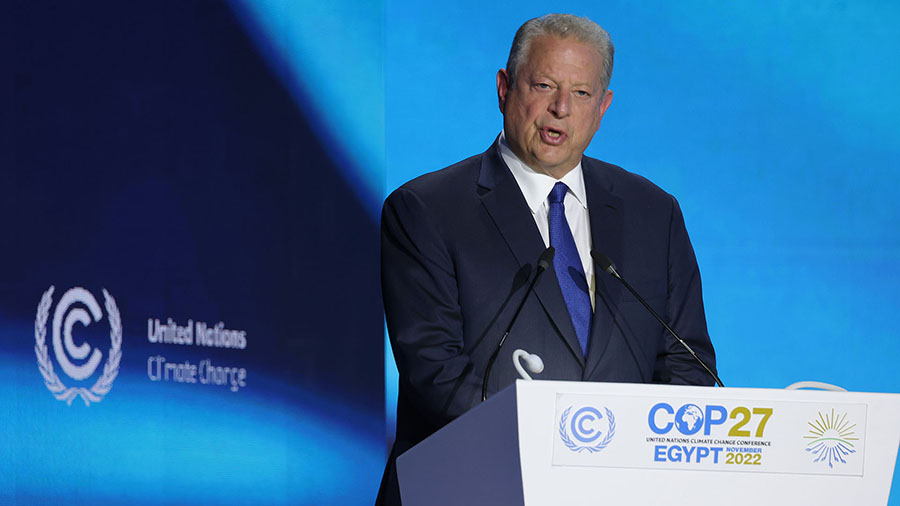
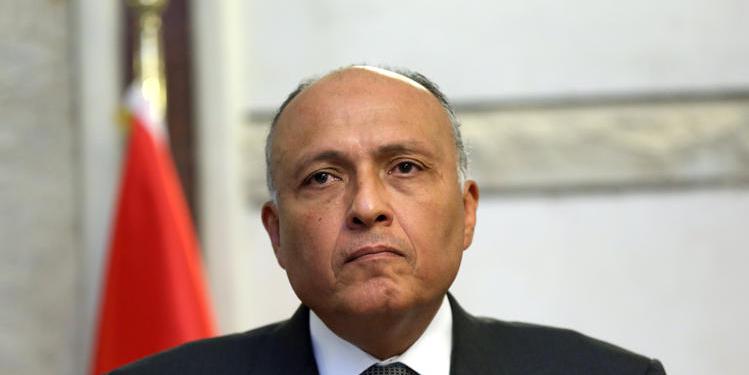
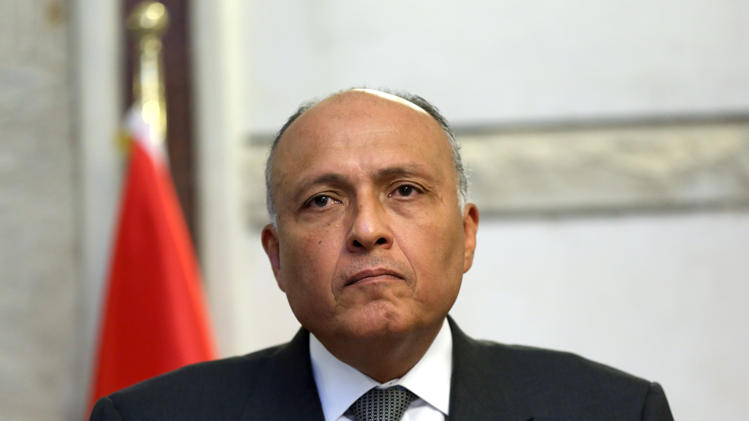




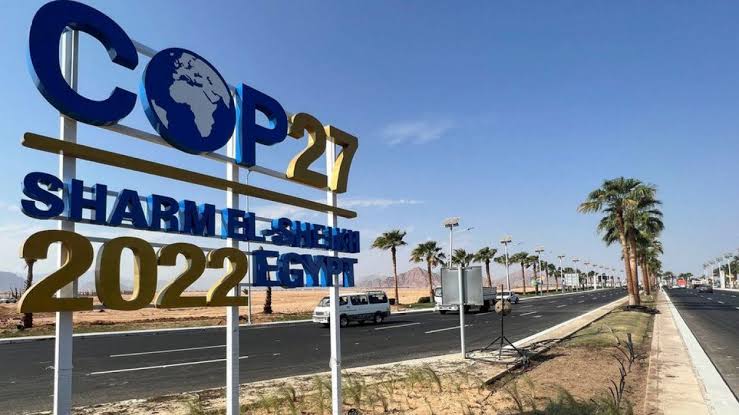

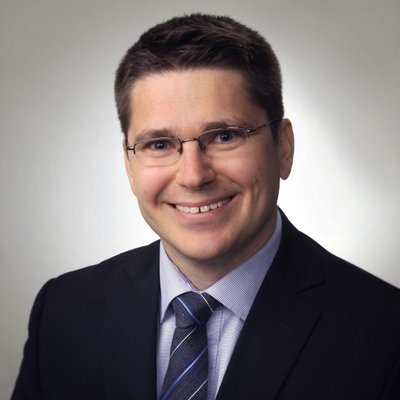
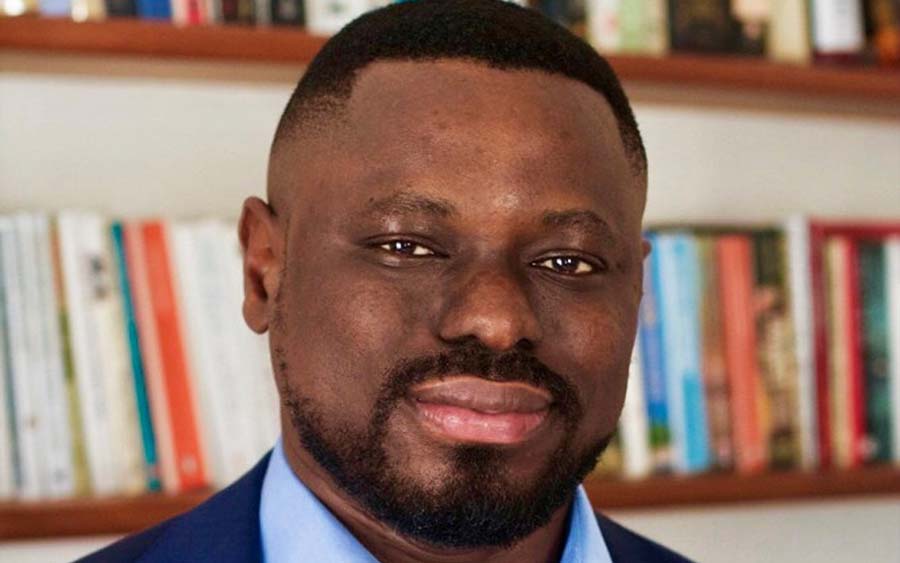







It just amazes that these people are even more concerned about this power problem than our supposed leaders i Africa! Our leaders wouldn’t mind to “chop” the money in case it is made available to them. it is very sad.
It just amazes me that these people are even more concerned about this power problem than our supposed leaders in Africa! Our leaders wouldn’t mind to “chop” the money in case it is made available to them. it is very sad.